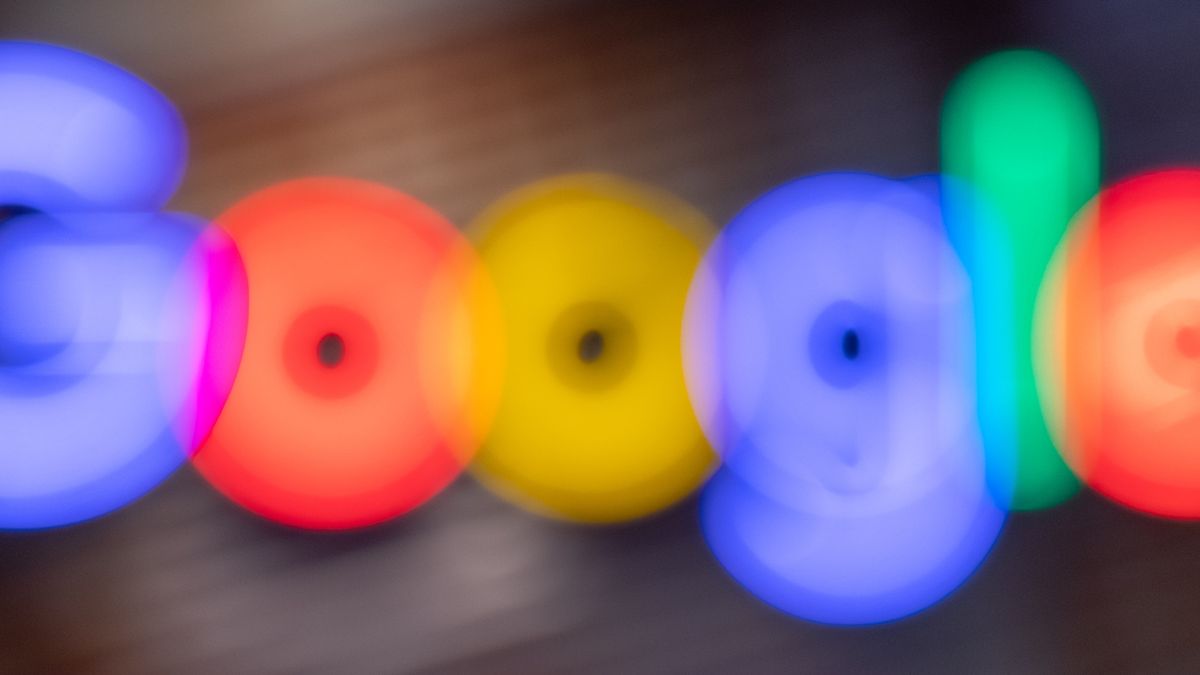Petri dish with brain cells teaches Pong to play
Researchers have succeeded in getting a network of brain cells in a Petri dish to play the game Pong, one of the first computer games, within a few minutes.
Contents
Rewarded regularly
Brett Kagan and his team from the startup Cortical Labs in Melbourne, Australia, achieved success. They managed to teach their network of brain cells, dubbed DishBrain, to play Pong in ten minutes. The network received feedback by giving an impulse for every game won. If they lost the game, a random impulse was given. Cortical Labs calls their creation “synthetic biological intelligence”.
Play blind pong
The neurons originated from human stem cells, which were given an incentive to transform into brain tissue. Each time the ball made contact with the paddle, the neurons received a predictable stimulus. In a miss, the stimulus was unpredictable. The cells learned quickly. Within five minutes they figured out the trick and started winning Pong more often. To do this, they had to perform a rather complex operation. After all, they cannot see like a human player, but can only rely on the stimulus they received from hitting the ball.
Human brain cells smarter than mice
Human brain cells learn much faster than those of mice. Humans have a much larger brain, but this is not the only explanation for the rapid learning and greater intelligence. That also depends on our brain cells themselves. The startup now wants to investigate why human brain cells are so much smarter than those of mice and use their trained brain cells to test medicines, for example. They also want to use their research to improve machine learning algorithms.
More about Pong
Pong is the first successful computer game ever and is more than half a century old. It’s a simple game. It looks like a kind of 2D table tennis. You move a paddle back and forth, which bounces a bouncing ball back and forth. If you or your opponent cannot catch the ball, the other earns a point.
Source
Brett Kagan et al., In vitro neurons learn and exhibit sentience when embodied in a simulated game-world, Neuron, 2022, DOI:https://doi.org/10.1016/j.neuron.2022.09.001



